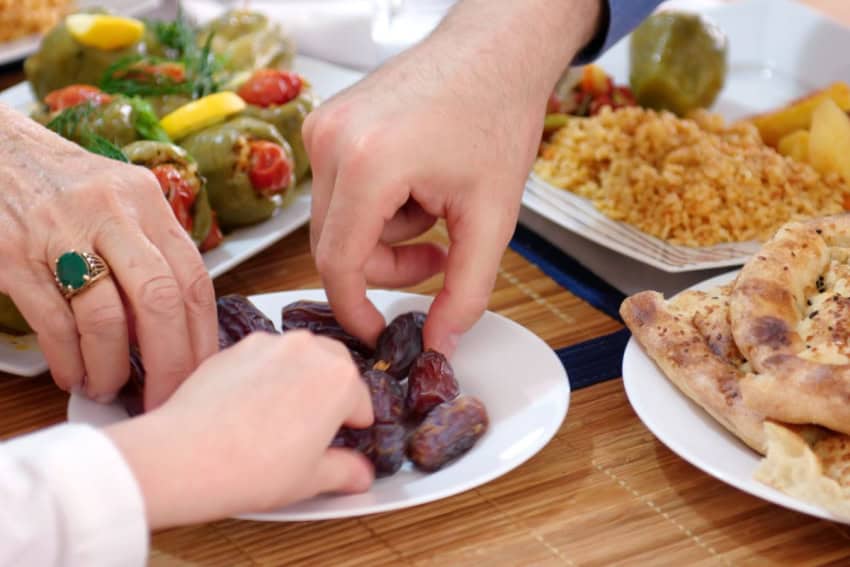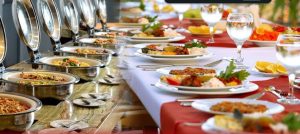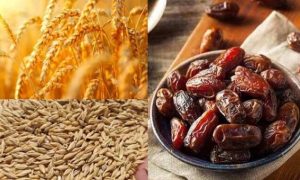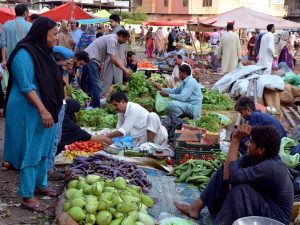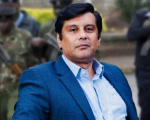As Ramadan is here, millions of Muslims across the globe will be benefitting from this Islamic holy day through prayers and fasting. Fasting can be done safely if you take the necessary precautions. Here are some helpful tips to ensure you stay in good health throughout the month:
Hydrate before eating
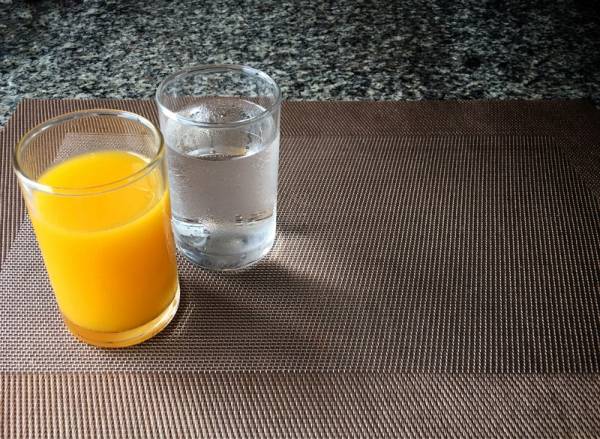
Hydration is very significant owing to the prevailing heatwave and the soaring temperature that is being recorded in Pakistan. Hence, it is important to drink plenty of fluids for the prevention of dehydration. Water, juice and milk work the best to keep the waters levels perfect.
Dates help break your fast
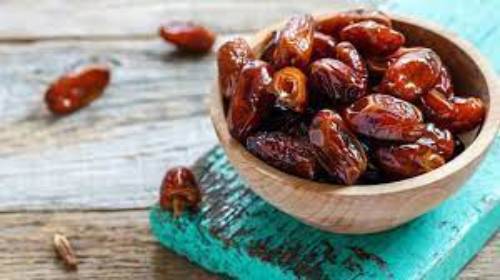
A very traditional way to break a fast is that dates are eaten at the start of the iftar meal. Since they are a natural source of sugar, which helps to balance low blood sugar and fuel the body with much-needed energy. Since low sugar levels can aggravate headaches.
Keep your diet balanced

During Ramadan, we need to optimize our nutritional levels so green vegetables are advisable. Colourful salads are always healthier because they contain many different kinds of nutrients. The iftar meal should contain healthy, complex carbohydrates. Healthy, complete proteins such as beef, milk, yogurt, eggs, cheese, fish, and poultry contain a variety of amino acids and are critical to maintaining and producing muscle mass.
Don’t rush your meal
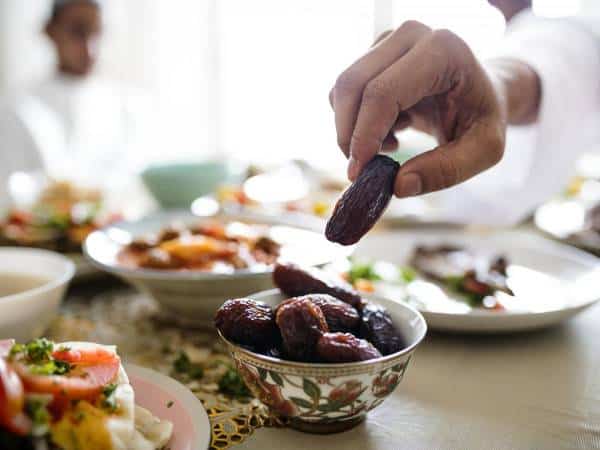
Rushing through meals is strictly told to avoid since it can lead to stomach issues. Once its Iftar often the far is broken with excessive eating and drinking at once which may possibly lead to discomfort and other gastric problems. It is advisable to slowly eat smaller portions to prevent weight gain. In general, you don’t want to go over the amount you would normally consume for a typical lunch or dinner.
Engage in a mild exercise routine
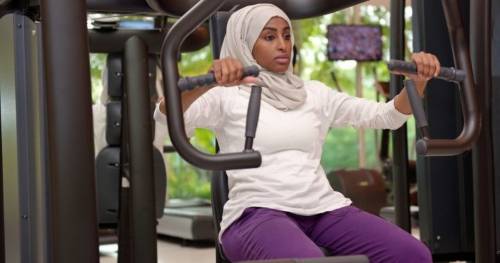
To maintain a healthy lifestyle, one needs to remain physically active. While the first few days of fasting may result in exhaustion and fatigue, a low impact exercise routine can help build up stamina. Because Ramadan takes place in warmer months, you may want to avoid outdoor activity but engage in mild exercises.
For individuals with cardiac disease
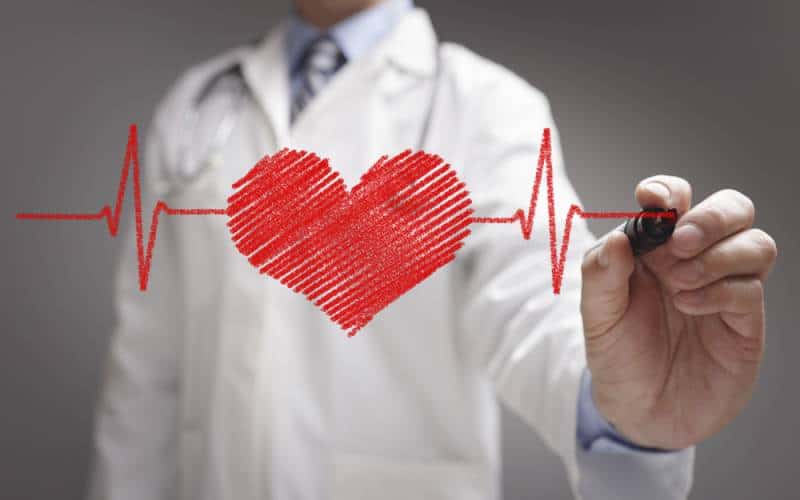
Patients with stable cardiac disease are minimally affected by fasting, and there is no significant danger to observing the fast during Ramadan in fact fasting might boost health. Stable cardiac disease refers to patients whose heart disease symptoms occur predictably, for example, during exercise or times of stress.
For children and adolescents:

Children often fast with their families for a portion of the day. It is essential that plenty of fluids are consumed and eat healthy, nutritious foods and evening meals. Moreover, they should refrain from overexerting themselves during the day.

